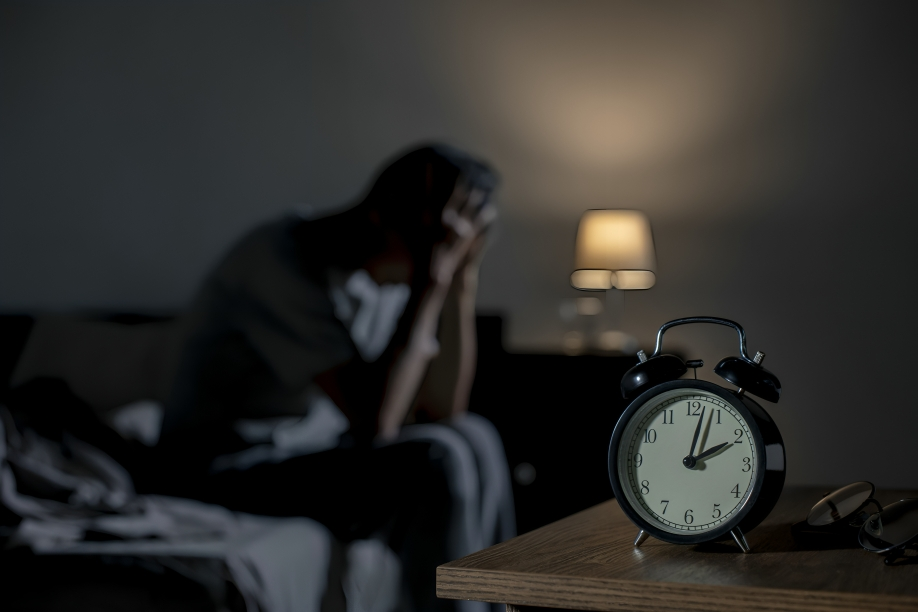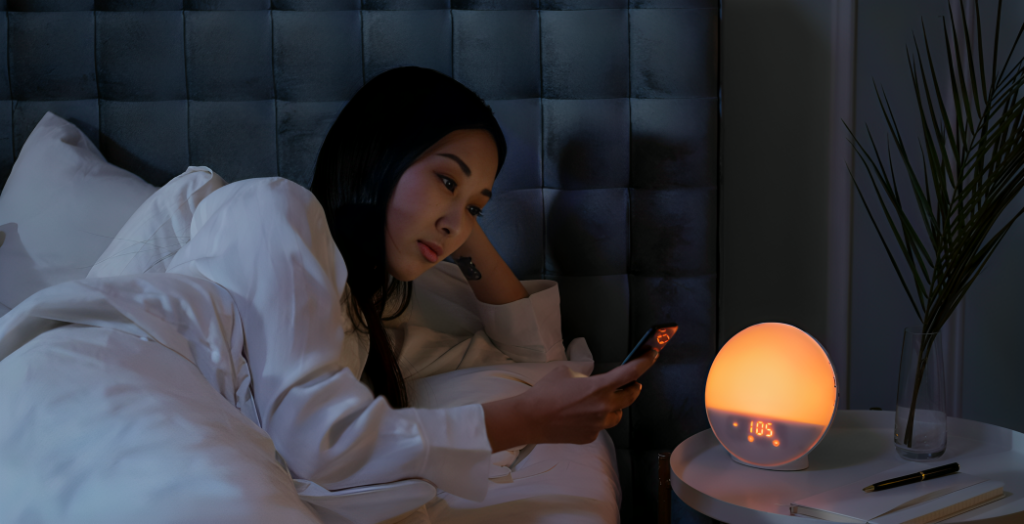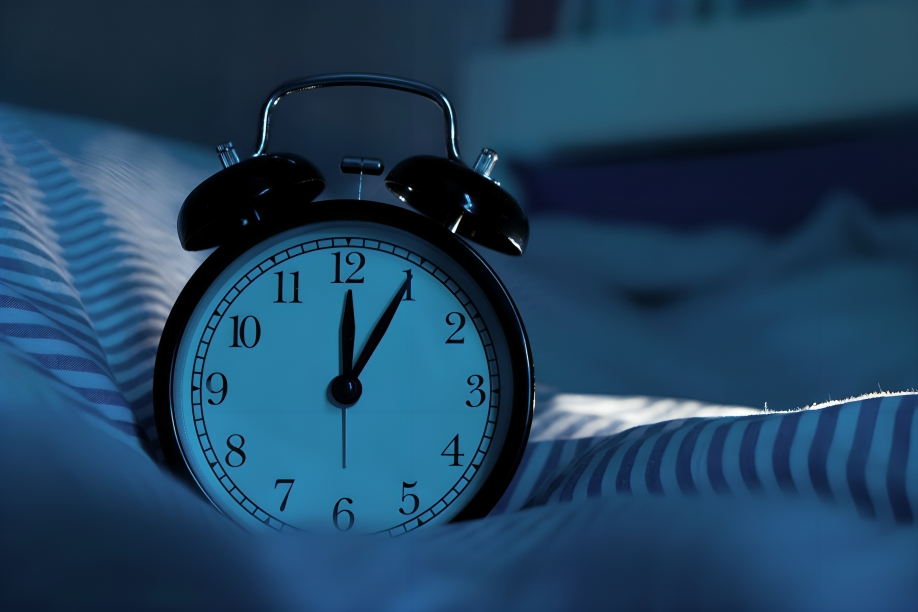
Waking up in the middle of the night can be frustrating and affect how well you function the next day. Many people have trouble staying asleep at night, and you are not alone. Research shows that around one-third of Americans experience this issue at least three times a week. To address these sleep problems, it’s important to know what’s causing them.

One common reason people wake up at night is a poor sleep environment. If your room is too hot, cold, noisy, or bright, it can disrupt your sleep. Ensuring your bedroom is cool, dark, and quiet can help. Using blackout curtains, earplugs, or a fan can improve your sleep setting.

Anxiety is another reason why people wake up at night. When your mind is racing, it can be hard to fall back asleep. Talking to a doctor about treatment options, breathing exercises, or anxiety medication can help. You can also try deep breathing, meditation, or journaling before bed to calm your mind.

Nocturia, or frequent urination at night, can also wake you up. It may be caused by drinking too much water or caffeine before bed or by health issues like diabetes. Reducing your intake of fluids, caffeine, and alcohol in the evening can help reduce nighttime bathroom trips.
Drinking alcohol can also disturb sleep. While it might help you fall asleep quickly, it can cause more awakenings during deeper sleep stages. Avoiding alcohol at least three hours before bed can help improve sleep quality.

Sleep apnea is a serious sleep disorder that causes breathing to stop and start during sleep. If you often wake up feeling short of breath or very tired, getting tested for sleep apnea might help. Treatments like a CPAP machine can ensure proper airflow throughout the night.
Hyperthyroidism, an overactive thyroid, can cause night sweats, a racing heart, and anxiety, which can disrupt sleep. A blood test can help diagnose this condition, and treatment can improve sleep.

Eating large meals close to bedtime can lead to acid reflux or indigestion, while not eating enough can cause low blood sugar. Eating balanced meals and avoiding heavy foods before bed can help.
Restless Legs Syndrome (RLS), which causes discomfort in the legs, can also disturb sleep. Talking to a doctor about RLS can lead to treatments like iron supplements or lifestyle changes.

Identifying and addressing the causes of nighttime awakenings is key to getting better sleep. Following good sleep habits, like keeping a consistent bedtime and avoiding screens before bed, can also help. Prioritizing sleep is essential for overall health and well-being.
